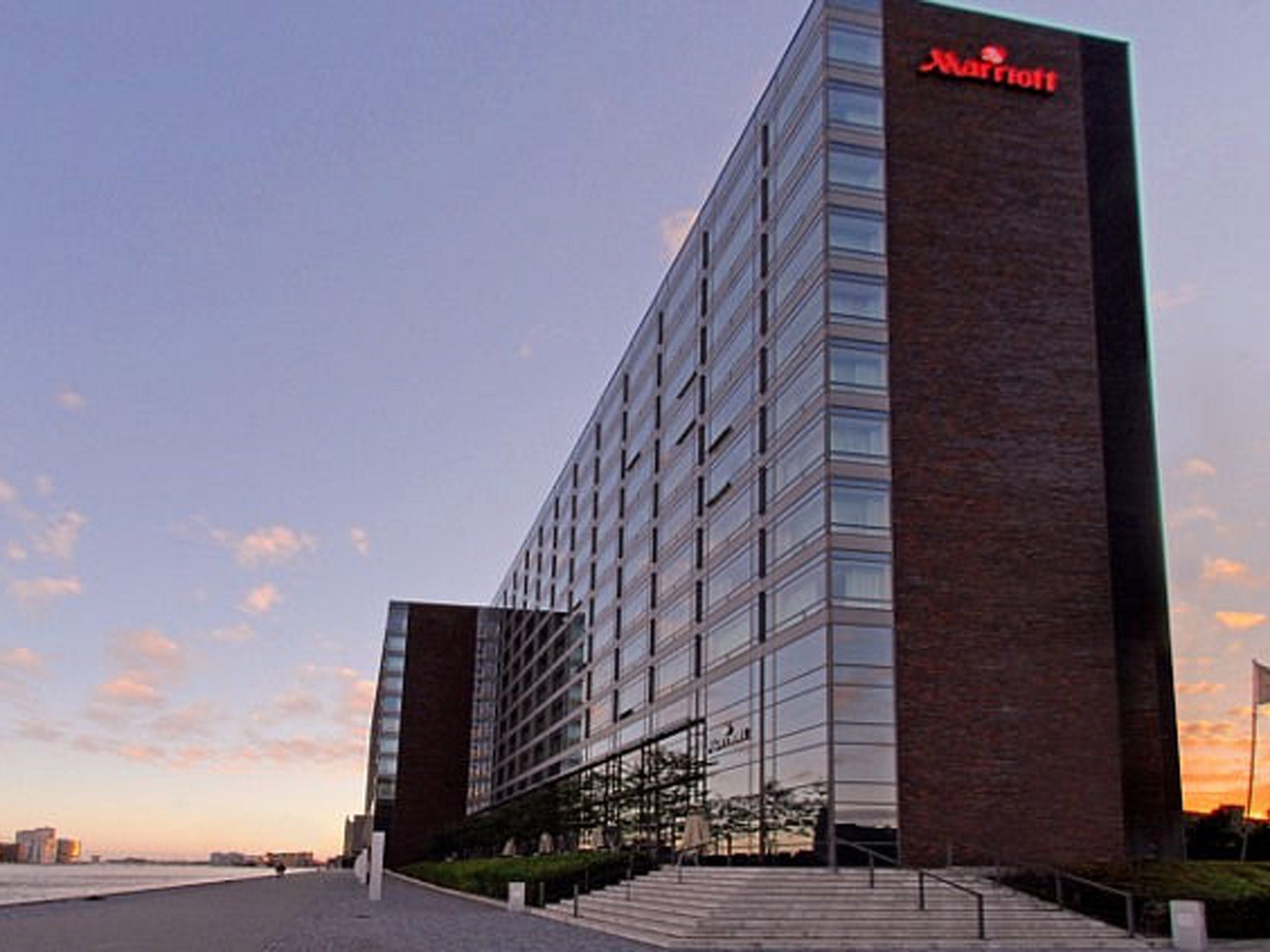Is it the Bilderberg conference – or conspiracy?
The world’s most powerful people begin their annual meeting on Thursday. So what have they got to hide?

Your support helps us to tell the story
From reproductive rights to climate change to Big Tech, The Independent is on the ground when the story is developing. Whether it's investigating the financials of Elon Musk's pro-Trump PAC or producing our latest documentary, 'The A Word', which shines a light on the American women fighting for reproductive rights, we know how important it is to parse out the facts from the messaging.
At such a critical moment in US history, we need reporters on the ground. Your donation allows us to keep sending journalists to speak to both sides of the story.
The Independent is trusted by Americans across the entire political spectrum. And unlike many other quality news outlets, we choose not to lock Americans out of our reporting and analysis with paywalls. We believe quality journalism should be available to everyone, paid for by those who can afford it.
Your support makes all the difference.Conspiracy theorists may chuckle when they learn a debate entitled “Does Privacy Exist?” is to feature at this year’s Bilderberg conference, the notoriously secretive gathering of the world’s most powerful bankers, politicians and business people.
There may be a further shaking of heads when they discover one of the participants at the heavily fortified, five-star Marriott Hotel in Copenhagen, Denmark, will be Keith Alexander, the former director of the National Security Agency (NSA), which was embarrassed by the mass-surveillance revelations leaked by Edward Snowden. In fairness to the Bilderberg, the organisers of this year’s conference – which starts on Thursday – have made efforts to be more transparent by publishing a list of all the prime ministers, chief executives and military chiefs in attendance, as well as the topics up for discussion.
Chancellor George Osborne and his Labour counterpart, Ed Balls, are among the hand-picked group of British politicians who will visit Copenhagen to hob-nob with the global elite behind closed doors.
Other guests from the political sphere include the former “Third Man” of New Labour, Lord Mandelson, the current International Development Secretary, Justine Greening, and the veteran American foreign policy expert, Henry Kissinger.
Billionaire captains of industry who landed invitations include the heads of Shell, BP, Airbus, HSBC, Saab, AXA, Google, and Linkedin. They will sit alongside key global powerbrokers such as Christine Lagarde, the head of the International Monetary Fund, and senior officials from the European Central Bank.
The chairmen from Goldman Sachs and Lazards will perhaps reflect on how their investment banks “advised” Whitehall over the controversial flotation of Royal Mail, which left the UK taxpayer £1bn out of pocket.
Keeping a discreet eye over the exchanges will be the intelligence chiefs such as Mr Alexander from the United States and Sir John Sawers, the head of MI6, who was pictured on Facebook in his swimming trunks in 2009.
Items on the agenda include “The future of democracy and the middle-class trap”, “The new architecture of the Middle East” and the major geopolitical crisis of the moment: “Ukraine”. The secretive nature of the Bilderberg Conference has triggered suspicions that the event is used to shape global policy at the expense of democratic oversight. The idea of the euro was said to have been spawned at one meeting in the Nineties.
Paul Flynn, Labour MP for Newport West, asked a series of parliamentary questions about Bilderberg last year when the conference was held at a five-star hotel near Watford. He told The Independent: “I don’t regard the Bilderberg as a great threat but we would all like to know what is going on with these things. Secrecy inspires concern.”
Despite its new efforts at transparency, the conference is still acutely sensitive about radical infiltration. On Tuesday night, three journalists – self-styled “InfoWarriors” – were arrested by Danish police after they tried to ambush the organisers outside the Marriott.
Unfortunately for Hannah Borno, a British freelance journalist staying in the hotel, she was spotted exchanging words with the “InfoWarriors” earlier in the day, which caused her stay to be prematurely cut short. She said: “As my husband and I prepared to go to bed we were confronted by a hotel member of staff and a member of security. They said we had been seen talking to some people earlier who had been asked to leave, and for the safety of the staff they had been advised to ask us to leave.”
Join our commenting forum
Join thought-provoking conversations, follow other Independent readers and see their replies
Comments